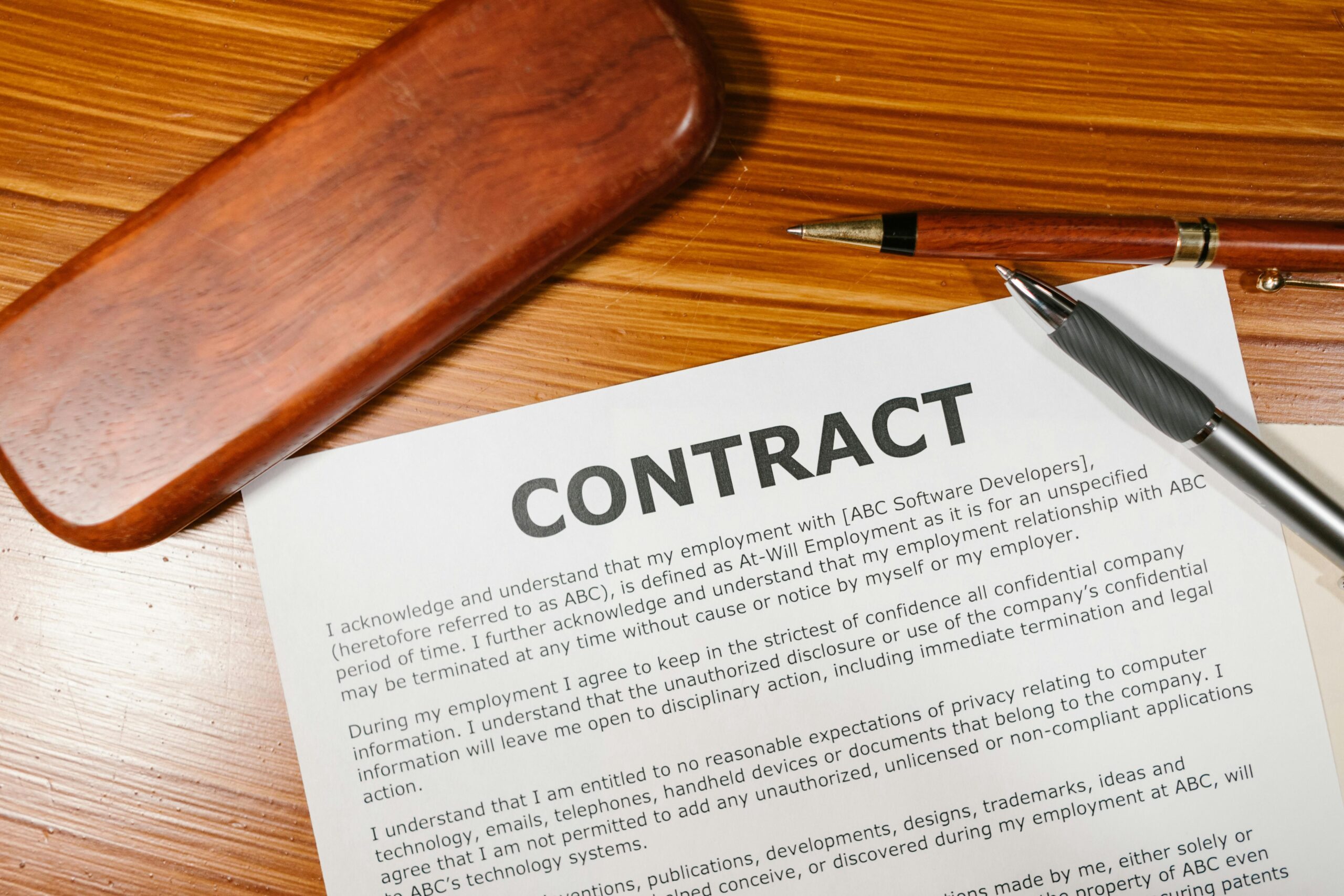Introduction
Judges are experts in law, but not necessarily in other technical areas. In some cases, they will need the assistance of expert witnesses who have special knowledge or skill in those fields. This will help with the understanding of the complex or technical nuances in areas that are beyond the common knowledge of the judge. Under the Rules of Court 2012, there are certain mandatory requirements which litigants must observe. Any non-compliance will result in the court refusing to accept any such expert report.
1. What is the role of an expert?
An expert assists the court in the formulation of the ultimate judgments. It is the judge who is required to weigh all the evidence and determine the probabilities. This task cannot be transferred to the expert witness.
See Wong Swee Chin v Public Prosecutor [1981] 1 MLJ 212
2. Will the expert’s evidence be automatically accepted if it is unchallenged?
It is axiomatic that the court may not substitute its views for that of an uncontradicted expert. However, it also does not mean that the court should unquestioningly accept the evidence. The expert evidence may be rejected if it is obviously indefensible and unsupported by the basic facts of the case.
See Majuikan Sdn Bhd v Barclays Bank Plc [2015] 1 MLJ 171
3. How does an expert give evidence?
Any expert evidence must be given in a written report, exhibited in an affidavit, unless the Court directs otherwise.
See Order 40A Rule 3(1) of the Rules of Court 2012
4. Who is considered an expert?
An expert must be specially skilled in foreign law, science or art, identity or genuineness of handwriting or finger impressions. In general, a person will only qualify as an expert if the following criteria are met:-
- he is qualified in the specific area;
- he has previously testified in court; and
- his evidence was accepted by the court.
See Section 45 of the Evidence Act 1950 and Chan Kwee Fong v PP [2010] 3 CLJ 671
5. What needs to be included in the expert report?
The expert report must contain the following statements:
- the expert’s qualifications. At the very minimum, there must be a curriculum vitae detailing the expert’s experience in the specific issue he is asked to comment on;
- literature/material relied upon;
- issues that the expert has been asked to consider. The character of the question must be stated precisely and not in a general nature;
- summary of the range of differing opinions. An expert must not attempt to conceal any adverse opinions which have come to his knowledge;
- reasons and the underlying basis for the expert’s opinion. The evidence and analytical process must be presented;
- summary of the conclusion reached;
- belief of correctness of the opinion;
- the understanding that the expert’s overriding duty is owed to the Court; and
- if applicable, the identity and qualification of any other person who carried out any test or experiment.
See Order 40A Rule 3(2) of the Rules of Court 2012 and Pacific Recreation Pte Ltd v SY Technology Inc [2008] 2 SLR (R) 491
6. What happens if the expert report does not meet the requirements?
The requirements set out in Order 40A Rule 3(2) of the Rules of Court 2012 are mandatory. The report may not be regarded as an expert report if there is any non-compliance with the provision. It may also result in the expert’s opinion being accorded little or no evidentiary value. Furthermore, adverse costs may be ordered against the party who engaged that expert.
See Tan Siew Hong v Mohd Azli Abdul Hamid & Ors and other cases [2018] 1 LNS 2143 and Ong Jane Rebecca v Lim Lie Hoe [2003] SGHC 126
7. Expert must be impartial.
While experts are engaged by the litigants, the overriding duty is owed to the court. An expert’s advocacy is limited to supporting his independent views and not his client’s cause.
See Vita Health Laboratories Pte Ltd v Pang Seng Meng [2004] 4 SLR 162
8. Expert must provide reasons.
A bare expression of opinion has no evidential value at all. The expert must provide explanations to supplement the Court’s understanding of the subject matter. However, it is not necessary for the expert to give lengthy reasons. Brief reasons will be sufficient.
See Sim Ah Song & Anor v Rex [1951] MLJ 150 and Beh Lee Liang v Chew Sah Suak & Anor [1996] 1 CLJ 173
This article does not offer any legal advice and may not be applicable to your circumstances. Kindly consult a lawyer to seek legal advice.




